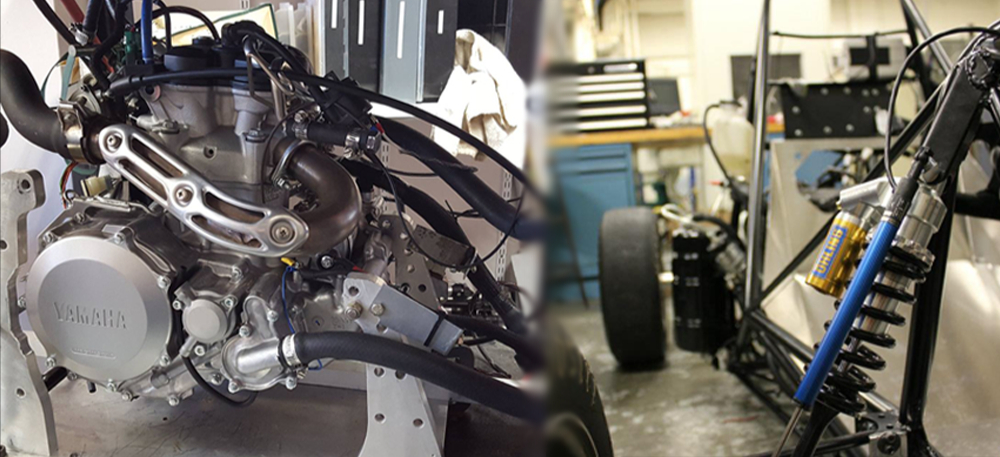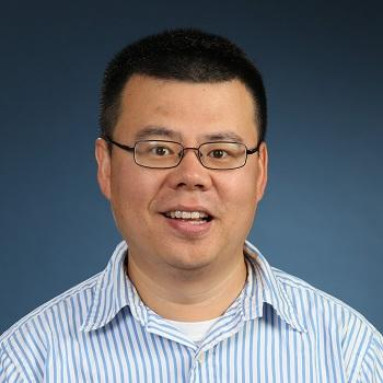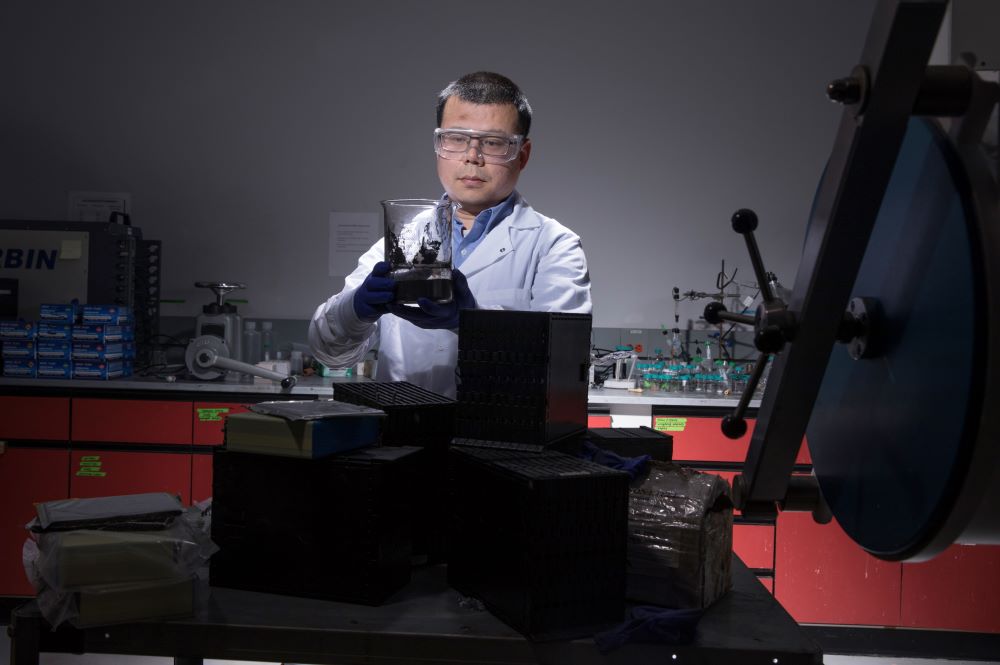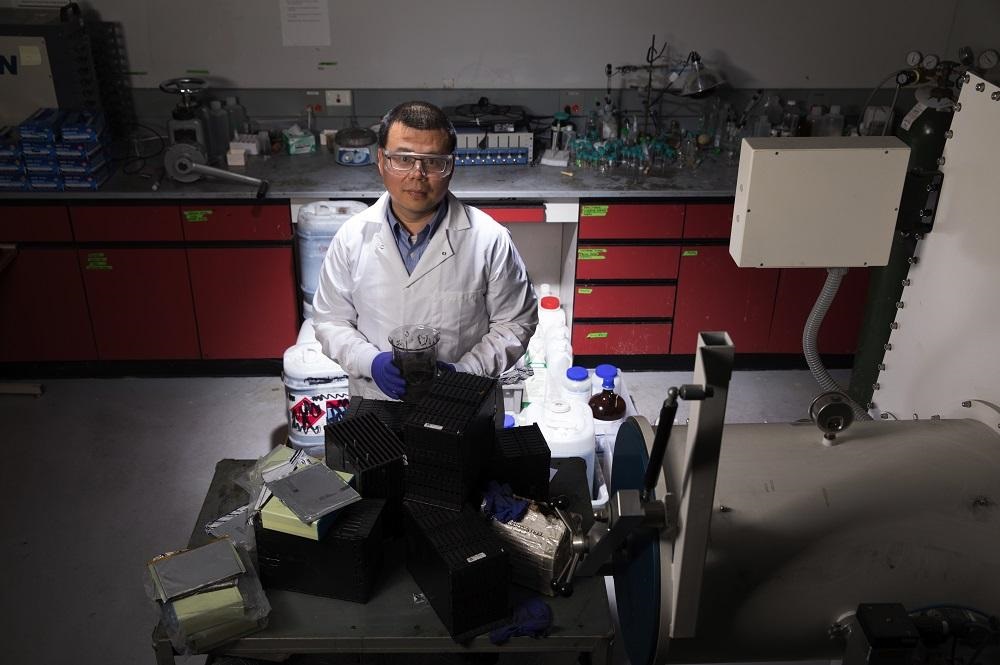WPI’s commercialization of a lithium-ion battery upcycling process invented by researcher Yan Wang has been awarded the Better World Project Award from AUTM, the Association of University Technology Managers.
Sixty-five applicants from seven countries competed for the award, which recognizes technology transfer professionals who support a better world through the commercialization of academic research. WPI was announced as the winner at AUTM’s recent annual meeting.
“Yan Wang recognized more than a decade ago that lithium-ion batteries were powering everything from cell phones to electric vehicles, and that a better recycling process was needed to reduce waste from old batteries and recover materials for new batteries,” says Todd Keiller, director of the Office of Technology Commercialization. “His innovation, which was patented and led to the creation of a new clean-tech company, perfectly illustrates WPI’s emphasis on research and its application to address the world’s critical problems.
The world’s reliance on lithium-ion batteries, and the problem of old discarded batteries, are expected to grow substantially in the coming decades. Forecasts suggest that 4 million metric tons of lithium-ion batteries will be manufactured for electric vehicles over the 25-year period ending in 2040, and 21 million old battery packs could be discarded.
The process invented by Wang, William Smith Dean’s Professor in WPI’s Department of Mechanical and Materials Engineering, shreds old lithium-ion batteries, treats them chemically, and recovers precursor and cathode materials for the manufacture of new batteries.
WPI worked with Wang to protect his discoveries, filing the first patent application on his technologies in 2012. His discoveries are now at the core of a spin-off company that is planning to establish large battery recycling and processing centers.






